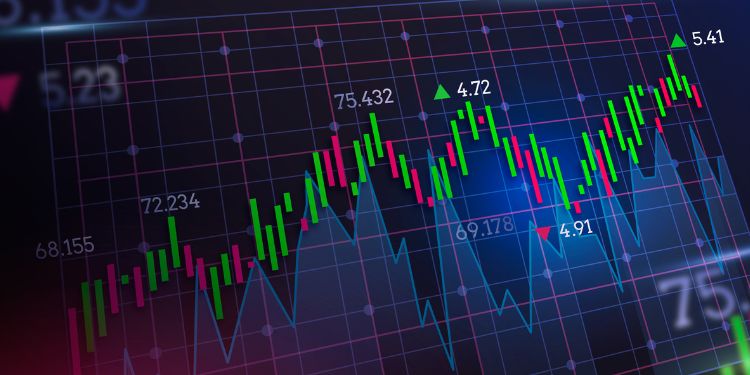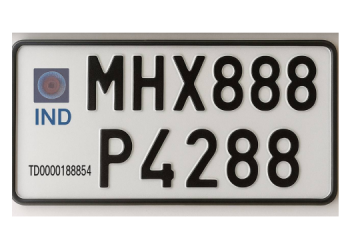Are you always hearing the terms Sensex and Nifty? But, what are they?
For the Indian stock market, they are its foundation. The primary market indicators used to reflect the Indian stock market are Sensex and Nifty. These indices are more than just numbers; they show the Indian economy’s combined strength and resilience. Let’s delve more into the detailed explanation of indices, Nifty and Sensex.
What is an Index/ Indices?
There are thousands of listed stocks in the stock market. It is challenging to determine each listed stock’s performance in order to examine market trends and performance. Thus, a basket of stocks from several companies and sectors makes up an index. The index comprises well-established stocks that provide a comprehensive view of the stock market.
Now let’s examine the two major indices in India, the Sensex and the Nifty.
Understanding Nifty
Established in 1996, the Nifty, often known as the Nifty 50, is the flagship index of India’s National Stock Exchange (NSE). The Nifty is a diverse cross-section of the Indian equities market, comprising 50 of the largest and most liquid stocks across numerous sectors.
The top 50 bluechip stocks that are listed on the NSE are included in the Nifty50 and these are the largest companies based on their market cap. The nifty index is calculated through the method of free-float market capitalization which includes all 50 companies.
Understanding Sensex
Sensex is another well-known index and is the benchmark index of the Bombay Stock Exchange (BSE). It was established in 1986 and now consists of the top 30 most traded and largest stocks on the Bombay Stock Exchange (BSE).
The index value depends upon the performance of those 30 stocks. If the price increases of the majority of the stocks, the value of Sensex will also increase. Similarly, if the price of the stocks goes down, the Sensex value will also decrease. Also, the method for Sensex calculation is similar to Nifty i.e., through a free-float market capitalization which includes all 30 companies.
Which is better- Sensex or Nifty?
BSE is one of the oldest India stock exchanges while NSE is the biggest one. Also, trade volumes on the NSE are higher than those on the BSE, which means the NSE has more active buyers and sellers. Nifty provides higher liquidity, however, if we talk about the overall performance, Sensex has performed much better.
NSE is more suited for seasoned traders and investors, whereas BSE is better suited for novices or beginners. Also, if you wish to invest more in new shares and companies, the BSE is an excellent choice. And if you are a day trader looking to trade derivatives, the NSE is the better choice.

















